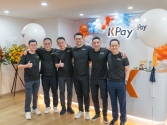In a digital economy, the race is on for tech talent
By Sandip Bhandal and Jaan WooIn the race for dominance where competition in the digital economy is stiff, tech giants such as Amazon, Microsoft, and Nvidia are expanding their investment across Asia to grow their artificial intelligence (AI) capabilities.
Singapore’s strong reputation has allowed it to be a prime destination for tech companies to invest in. The city-state placed third globally in the World Digital Competitiveness report and second globally in the arena of intellectual property protection. Its business-friendly environment and highly educated workforce have drawn leading firms to establish their global or regional headquarters here.
However, a challenge looms large for Singapore: there is a shortage of skilled tech talent. In fields like AI, data analytics and cybersecurity, the demand for specialised expertise outpaces the available talent pool. But it is not just the tech firms that are hungry for talent.
Four in 10 global organisations across a range of industries expect Generative AI (Gen AI) to increase their headcount, more than those who said it would reduce their headcount (22%). This could be due to the increased need for expertise in Gen AI and data – a staggering 75% of organisations expect Gen AI to affect their talent strategies within the next two years.
To mitigate this challenge, the Singapore government has made active efforts to grow its tech talent pool. Its National AI Strategy 2.0 outlines ambitious plans to triple the AI workforce to 15,000 professionals within three to five years from 2023, through initiatives such as a redesigned AI apprenticeship programme. It has also designed job transformation maps to identify the relevant skillsets needed for a variety of sectors, and it is reviewing how the workforce should be upskilled and reskilled to perform new and augmented roles with Gen AI.
Businesses can do their part in addressing talent shortage by investing in opportunities for continuous learning and experimenting with new tools, and yet, for most organisations, this may not be the case. Nearly half of organisations said they allowed Gen AI access to only 20% or less of their workforce. This move to impose tight restrictions on such emerging technology may be a stopgap measure.
Employees may still make use of such tools under the radar, or they may not be able to develop a realistic understanding of their capabilities and limitations. Rather, widespread but controlled access, as well as structured training, will help people get more comfortable with technology and understand what it can and cannot do — whilst opening the door to new possibilities for value creation.
Employees themselves must also embrace an ethos of lifelong learning and continuous improvement. By actively seeking out opportunities for upskilling and reskilling, they can enhance their employability and contribute to Singapore's tech ecosystem. For the local workforce, initiatives like the TechSkills Accelerator (TeSA) help individuals embark on infocomm and technology careers with skills training and job placements.
In addition, local institutions are expanding their research and course offerings to help grow a pipeline of future talent. For instance, the National University of Singapore (NUS) has established the NUS AI Institute and Nanyang Technological University (NTU) will open enrolment for its College of Computing and Data Science from August this year.
Even as Singapore is making advances in talent development, there is another piece to the puzzle. Like many other developed economies, Singapore faces an ageing population and dwindling birth rate. Developing tech expertise locally takes time, and the demand for such talent has necessitated an open approach to attracting talented individuals from around the world to augment the local workforce.
For example, the government has made it easier for foreign talent on its Shortage Occupation List to earn additional points in its COMPASS assessment framework for Employment Pass applications. This move aims to help ease the shortage of talents in occupations which require highly specialised skills. Unsurprisingly, the sector with the most occupations on the list is Infocomm Technology, which has 13 occupations eligible for an Employment Pass. In comparison, the sector with the second-most occupations on the list is healthcare, accounting for five eligible occupations.
Other initiatives like the Tech.Pass and the Overseas Networks and Expertise Pass (ONE Pass) offer incentives and flexibility to attract skilled professionals to Singapore, which includes the ability for pass holders to work for more than one company at the same time. The typical Employment Pass and other employer-sponsored passes only allow the pass holder to work for the sponsoring employer.
Whilst Singapore’s open approach to talent will help it stay competitive, the long-term solution is still continuous skills development. Employers could do more to provide flexible learning options such as online courses or self-paced modules to accommodate employees’ busy schedules, or offer time off-in-lieu to compensate for time spent on job-relevant courses. They could also improve communication on the benefits of upskilling, involve employees in decisions concerning their skills development, and give clear goals and support for their growth. Apprenticeship or internship schemes could also provide practical experience for individuals transitioning into emerging fields or industries.
In summary, talent is key to securing Singapore's status in the global digital economy and for the country to become a leading AI hub in the global arena. A collaborative effort between employees, employers and the government would certainly help to address the shortage of tech skills here.
With a workforce that is ready and capable of adapting to emerging technologies, and the infrastructure that is necessary to support this transition, Singapore can continue to innovate and build on its competitive edge.




















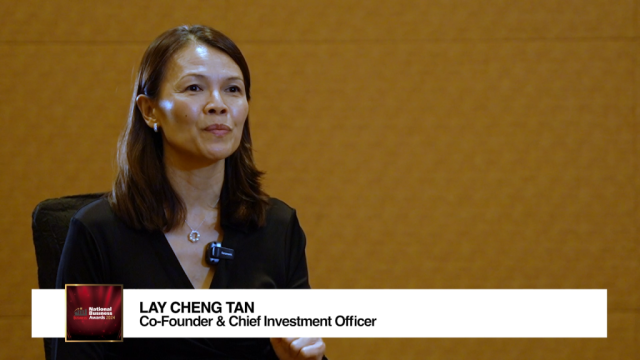
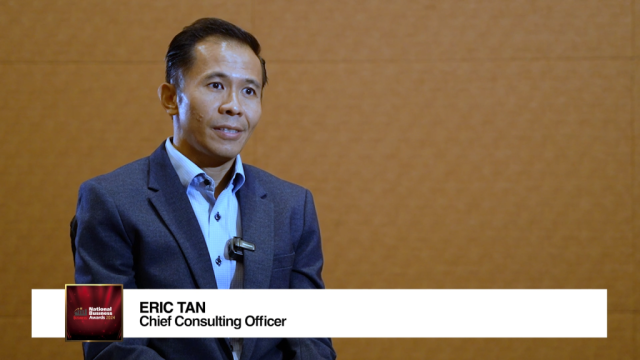
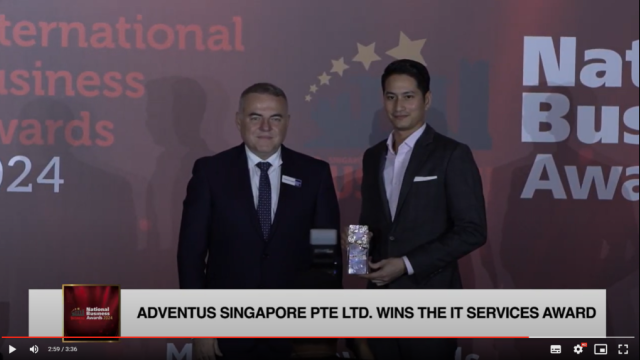
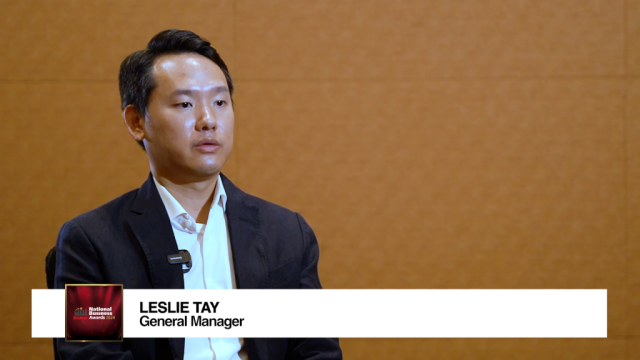

 Advertise
Advertise








